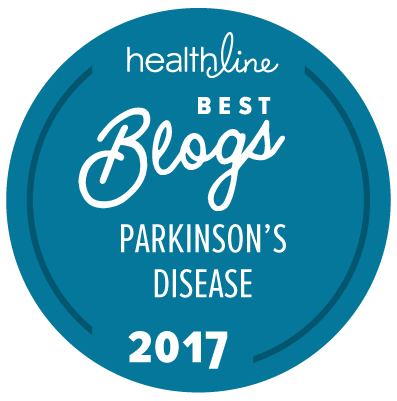When Do You Call It Quits?
Terri Reinhart
My friend, Ed Sikov, recently wrote a wonderful article about writing. With the title, "How Do You Know When Your Writing Career Is Over?", I was almost too scared to read it, wondering if I'd find out my writing career should be over. It's way too easy for me to believe. Scared or not, I read it anyway. Ed's a friend. He's also someone I consider to be a real writer, he has written books and articles and gets paid to do it. Any advice he gives, I'll take seriously.
Soon enough, Ed reassures his readers. All we have to do to be a real writer is... write. Write consistently. Don't say we're going to write, just do it. Don't stop because we get rejection notices or because someone thinks it's a silly thing to do (Ed words all this much better than I do). I would encourage any and all writers to read this article, more than once. Print it out and keep it handy for those times when you get discouraged.
Then, about halfway through his article, he speaks about his diagnosis of Parkinson's disease and how this affected his writing. What he had been doing for years as a professional writer didn't work anymore. He didn't call it quits; he changed how he was writing. This article of his is proof he still is very good at what he does.
I would also encourage any and all people with Parkinson's disease or other chronic health challenges to read this article, print it out, and keep it handy. It's easy to get discouraged when it's harder to concentrate, harder to find the fine motor control, harder to find the energy to do things we used to enjoy so much. We have to learn when to take a step back and change how we do things, not call it quits.
Craft work was a huge part of my life for a long time. It's not that I cannot do it anymore, but the end product of my art work was no longer up to my standards. So I called it quits on a few things, like felting and artistic books. I couldn't think art anymore; couldn't get into that special art zone. I called it quits on broom making too, but that was for another reason; it's just too hard physically. I'm cleaning out my studio and giving a lot of art supplies away.
I still make simple books from time to time and I knit. I don't think I'll be tackling any complicated lace patterns, but I can still do the basics. It's enough and it's very satisfying.
I also write. Oddly enough, I didn't really start writing until after I was diagnosed with Parkinson's. This blog began as articles I wrote simply to help me process this new direction my life had taken. I finally put them on the website because I wanted to make sure I wouldn't lose them if my computer crashed. I didn't really expect anyone to read them. Perhaps this made it more exciting to hear I made the top 15 Parkinson's blogs of 2017, chosen by Healthline.
I've made the list for a number of years now, but I never expect it. I've run across some wonderful new blogs by people with Parkinson's disease and, if there is a year I am not chosen, I won't be the least bit offended. I won't call it quits, either. Writing seems to be in my DNA. My father wrote his first novel at age 85. Our son, John, is becoming well known for his poetry, and our daughter, Emma, has had two of her short plays chosen to be performed. I'll do my best to keep up.
And before I sign off, here's my new favorite Parkinson's blog:
Small Girl With Parkinson's by Meg Bernard
Oh, and if you haven't done it already, read Ed Sikov's article.





